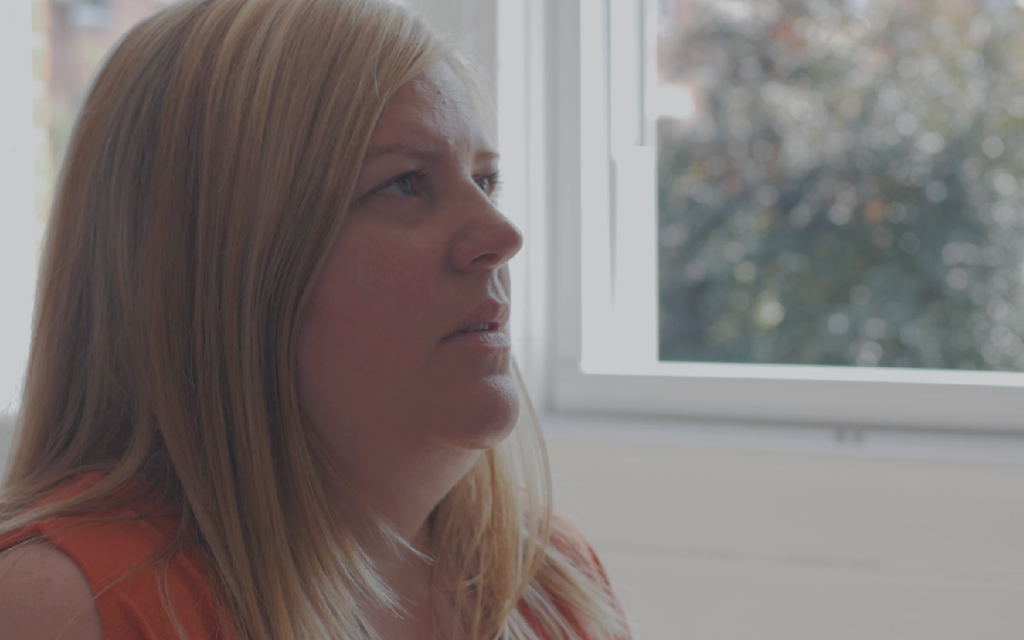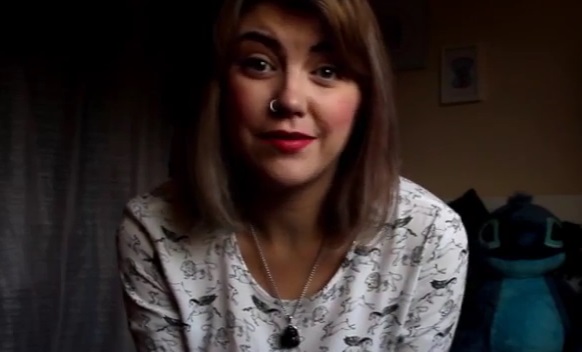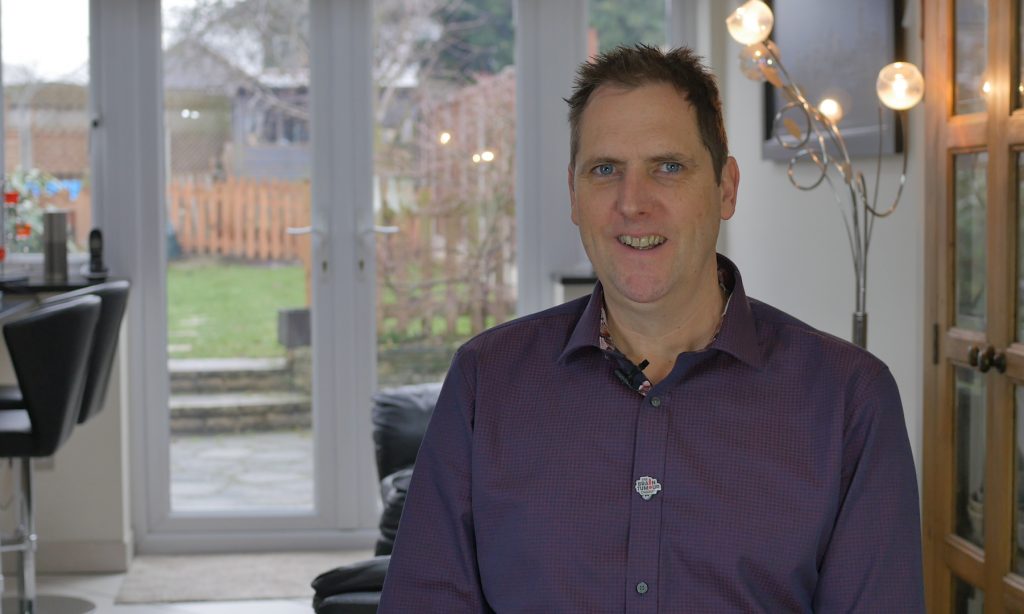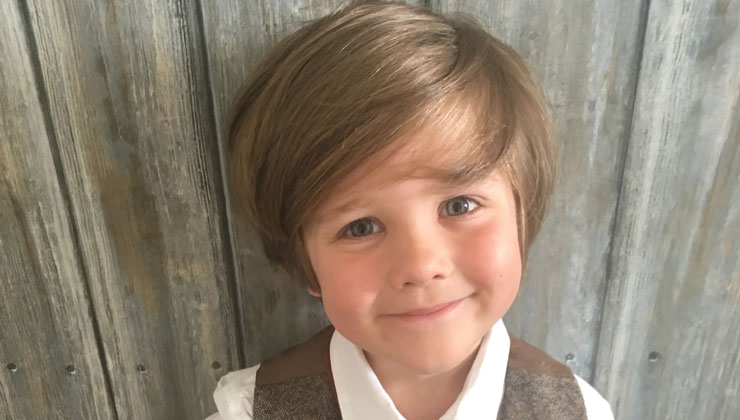Clare’s story
Clare Gregory’s daughter, Olivia, was diagnosed with a Diffuse Intrinsic Pontine Glioma (DIPG) – a rare and aggressive type of childhood brain tumour – in June 2017. The family were told at diagnosis that Olivia had 9–12 months to live. She died in June 2018, at the age of five. But, thanks to brain donation, she is still helping accelerate a cure.
Clare and her husband decided to donate Olivia’s brain to research. Many families are not aware that this is an option when their child is diagnosed with a terminal brain tumour, and, as a result, the opportunity is often missed.
Clare chose to share her story through us to raise vital awareness of brain donation.

Talking to others
Four or five months after Olivia was diagnosed, a parent who had been through the same thing – Shona – contacted me through a DIPG Facebook group. Her daughter, Tasha, had donated her brain.
Shona said that if I wanted to chat, she was there to help. And she very gently encouraged me to read about brain donation in my own time.
I found it a comfort to connect with another family who’d had the same experience. And by introducing me to the idea of brain donation early on, Shona had planted a seed. When the time was right, I went back to it and considered it, and I thought, ‘Wow, that’s amazing.’
Sharing my story
Everyone expects their children to grow up and live a happy, fulfilled life. For Olivia, that was taken away abruptly. She wasn’t going to have a job or do all the normal things. But with brain donation, it feels like she’s still doing something. This is her job.
Brain donation is rarely brought up with parents. But how can you make an informed decision about something you didn’t even know existed? I’ve chatted with parents who’ve said that if they had known about it, they would have done it. That is heart-breaking.
Sharing my story helped me, but you have to find the time that’s right.
Clare Gregory
That’s why I decided to share our story. Parents or loved ones could be one click away from seeing the video I made, which will plant the seed and give them something to look at and digest in the privacy of their own home.
There’s that old saying: ‘a problem shared is a problem halved’. Sharing my story helped me, but you have to find the time that’s right.
It can make you feel part of something – though it’s a club you didn’t want to or ask to join – and can make you feel less alone, as you know there are other people out there who really get it.

The video I made was filmed six weeks after Olivia died. My aim is to spread the brain donation message, so that’s why I did it so soon after.
For me, it was the right time because I was very ‘in it’. It was very raw. I think doing it later might have been harder.
Video producer: Matt Bowie
Interviewer: Carol Dyce
Paying it forward
I’ve since been in contact with a family who’ve told me that they found out about brain donation through the video I made. They said my video inspired them to also donate their child’s brain after they recently died, and they’re really pleased they’ve done it.
So it’s like a chain of awareness has formed through sharing those stories. Shona shared hers with me, and now I’ve been able to be ‘someone else’s Shona’. That’s how it starts, isn’t it?
Some of the most difficult conversations can bring the greatest comfort.
Share your story
If you have an experience with a brain tumour that you think could help or inspire others, and you’d like to share it, we’re here to help. Click the link below to tell us your story.

Tell us your story
Tell us about your experiences with brain tumours

Nigel’s story
After initially only sharing his news with close family and friends, Nigel then appeared on BBC News to share his story

Rosie’s story
Seeing a HeadSmart card and recognising the symptoms in her son saved his life
Support and Information Services
Research & Clinical Trials Information
You can also join our active online community.